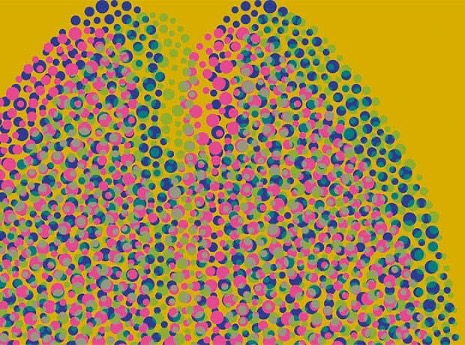New drug trial to investigate treatment for patients with bronchiectasis
August 28, 2024
Source: drugdu
 368
368
 Bronchiectasis is the third most common lung condition in the UK but despite this, it is sometimes seen as a ‘hidden’ disease due to a lack of public awareness, investment and research. Now a multi-million-pound clinical trial is set to start in September to investigate whether existing drugs could be used to treat the debilitating lung disease.
Bronchiectasis is the third most common lung condition in the UK but despite this, it is sometimes seen as a ‘hidden’ disease due to a lack of public awareness, investment and research. Now a multi-million-pound clinical trial is set to start in September to investigate whether existing drugs could be used to treat the debilitating lung disease.
The disease results in persistent breathing difficulties and repeated lung infections when bronchi – tubes in the lungs – become permanently damaged and widened.
There is currently no treatment or cure and, with an ageing population, numbers are increasing. Currently the disease affects one in 200 people in the UK (approximately 200,000), with an increase of 40% over the last ten years and an expected increase of a further 20% over the next decade.
Researchers from EMBARC, the European Research Network for bronchiectasis, are working on the AIRNET (Anti-Inflammatory Repurposing Network) project to investigating whether three existing anti-inflammatory drugs could be repurposed to treat the disease.
UK patients will receive one of the three drugs and will be monitored at one of several trial sites across the UK over the course of a month to determine whether the drug has reduced their lung inflammation. Led by Professor James Chalmers at the University of Dundee, the trial is funded by the not-for-profit charity LifeArc and initial results are expected to be published within 18 months,
The trial is supported by LifeArc as part of its Chronic Respiratory Infection Translational Challenge, dedicated to progressing new medical discoveries that will improve the lives of patients with bronchiectasis and cystic fibrosis.
https://www.dundee.ac.uk/stories/new-drug-trial-offers-hope-people-hidden-lung-condition
By editorRead more on
- Gan & Lee Pharmaceuticals’ new PROTAC drug GLR2037 tablets have been approved for clinical trials to enter the field of prostate cancer treatment March 3, 2026
- AideaPharmaceuticals plans to raise no more than 1.277 billion yuan through a private placement to focus on the global clinical development of innovative HIV drugs March 3, 2026
- Giant Exits! Its Star Business Acquired March 3, 2026
- Focusing on cardiovascular and cerebrovascular diseases! OpenMediLead Medical Intelligence Dual Engines Launch Internal Testing, Connecting Drug Development and Clinical Diagnosis in a Closed Loop March 3, 2026
- Innovent Biologics Announces Approval of New Indication for BTK Inhibitor “Pitubrutinib” in China March 3, 2026
your submission has already been received.
OK
Subscribe
Please enter a valid Email address!
Submit
The most relevant industry news & insight will be sent to you every two weeks.



